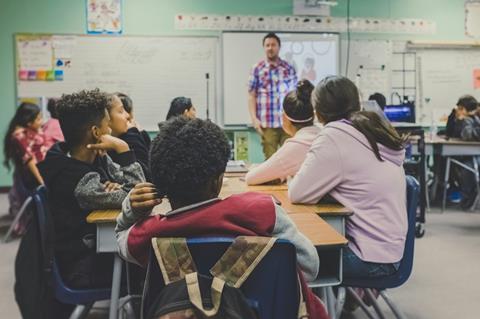
The education sector alone generates a whopping 80,000 tonnes of food waste per year – equal to around £250,000 worth of food.
When we know a third of all the food we produce is wasted, it’s clear raising awareness of sustainability in young minds should be a priority if we want to make an impact.
In our last column, I shared a little on Rubies in the Rubble’s marketing strategy and how we focus the majority of our budget on supporting customers to create solutions to real problems that they face.
Therefore, to every school we supply with ketchup and mayonnaise, Rubies offers toolkits to support them in creating better food waste solutions, as well as fun education kits. Our ‘Educate for Change’ toolkit provides everything from five-minute bite-sized discussions, quizzes and facts, all the way to full lesson plans around the topic of food waste. Our aim was to build solutions for teachers to make food waste a fun and interesting topic to learn about – and hopefully help in those end of day lulls!
Alongside this, we work directly with schools to provide resources, guidance and solutions to reduce any food waste they might have. And to help them share the impact the school is having by switching to Rubies condiments – we measure the surplus produce saved per kilo in our ketchup and the carbon footprint and water saving.
We have also had a lot of great visits to schools, with fun tasting sessions enabling us to talk about food waste and bring to life that reducing food waste doesn’t have to mean negatively affecting taste. We believe the more students are exposed to sustainable brands, the more they will go on to make better sustainable choices in the long run.
Along with tastings, we host talks to bring the story of Rubies alive and go into more depth talk about the food supply chain. It can be hard to grasp why and how food waste can be so environmentally impactful – until you understand the energy and time it takes to get, for example, a banana into your hands.
We are passionate about the next generation being educated and aware of the issues within our food supply chain, empowering them to make changes and transform the way they consume.







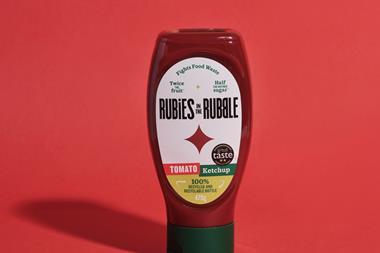
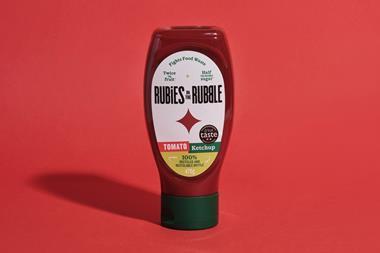
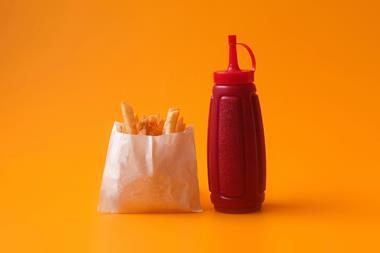
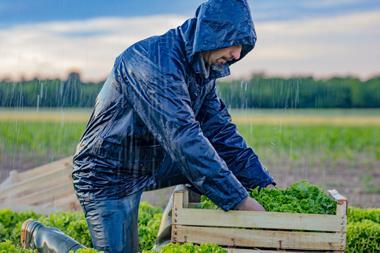
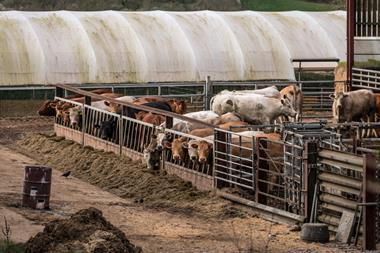
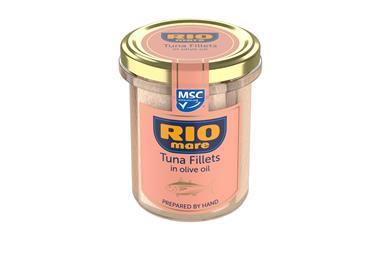


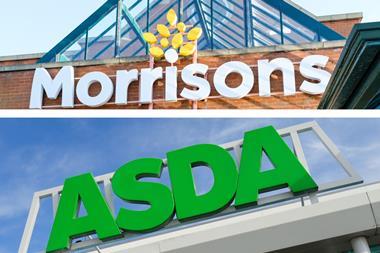



No comments yet